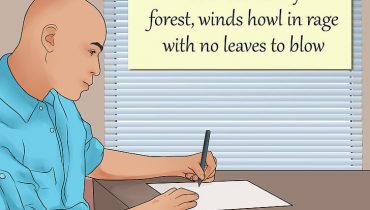
Poetic reflections are encapsulated in a number of forms. Thus, you see various kinds of haiku and poetry as great examples of verse. In this specific article, you’ll learn about the nature and examples of haiku poems.
The Types of Haiku Poetry:
Haiku is a Japanese verse form. It’s the unstressed syllabic type of the Japanese language known for its compactness and suggestiveness.
What Exactly Does this Poetry Carry and Indicate?
You’ll see that the poets signify their emotional reaction to the things they’re referring to in the event you carefully examine haiku poems.
Two contrasting pictures are presented by this poetic form; while one offers short and fleeting observations the other is evocative of location and time. Both pictures give means to the evocation of emotions and mood. The poet doesn’t remark on the link and fusion of both these contrasting pictures. Instead he leaves it on the readers to perceive it.
A poet called Basho has coped with this particular poetic form splendidly. He has thrown the light of comparing pictures on this particular duality:
Is calmed with creepers …
Did the Type of Haiku Evolve?
From that point of time, this kind of poetry gained popularity.
The concise and simple character of the haiku form affected many. The significant poets are Yosa Buson, and Masuoka Shiki. Other Imagists and Ezra Pound were also affected by it.
The custom of composing poetry in this form is in vogue and several Japanese poets are in the habit of publishing and writing haiku poetry in magazines.
To find out more regarding the forms of poetry types and sonnet types, please see englishliterature99.wordpress.com


